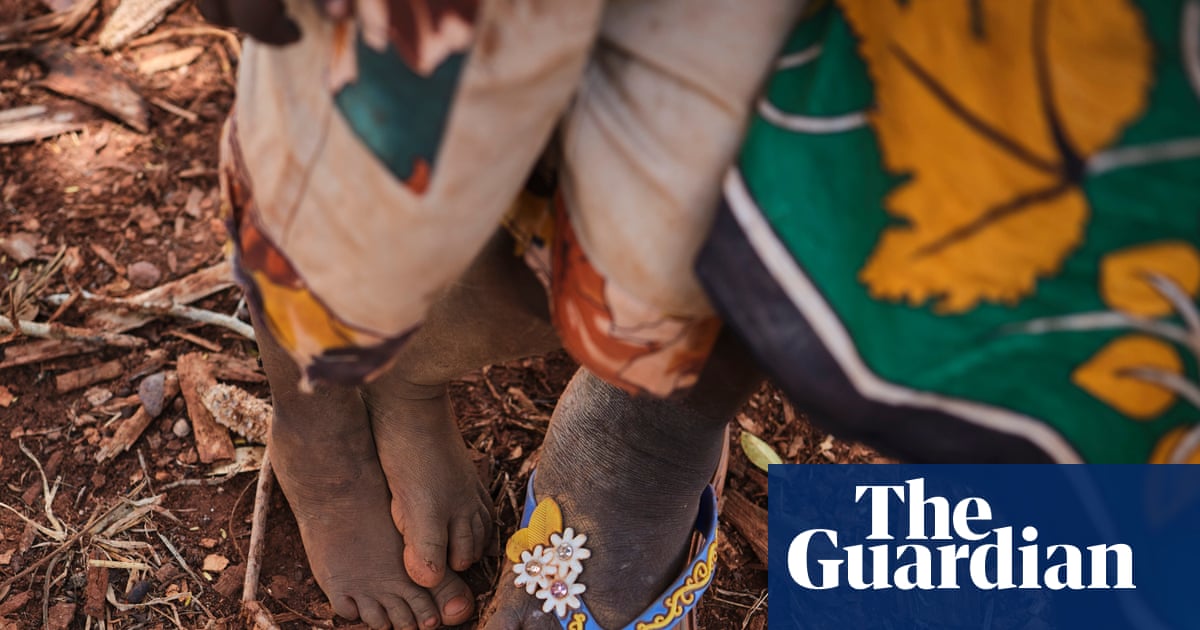
"She would rise early, sharpen her tools, walk several kilometres to the forest, cut down a tree, drag it back to her village in Kenya's Kilifi county, chop it into smaller pieces, dig a pit, cover the wood with soil and branches, and set it alight. Then she would go home and prepare a simple meal of ugali (Kenya's maize staple)."
"She would keep returning to the pit until the wood had carbonised a process that can take days then pack the charcoal into sacks and wait for people on motorbikes to come and collect it. Then she would start all over again. Now five months pregnant, Pendo, 35, says she hasn't burned charcoal for two months, after receiving a cash transfer of 110,000 shillings (660)."
"A study published in August by the National Bureau of Economic Research which looked at the impact of unconditional cash transfers found that they reduced infant mortality by 48% and under-five mortality by 45% in rural Kenya effects rivalling those of vaccines or antimalarial drugs. The study looked at the period between 2014 and 2017 when the NGO GiveDirectly sent payments of up to $1,000 (740) to 10,500 households in more than 650 villages in Kenya."
Unconditional cash transfers in rural Kenya reduced infant mortality by 48% and under-five mortality by 45% between 2014 and 2017. GiveDirectly sent payments of up to $1,000 to 10,500 households across more than 650 villages during that period. Recipients used cash to buy livestock, reduce reliance on charcoal production, and improve household nutrition and prenatal certainty. The transfers produced effects comparable to vaccines or antimalarial drugs. Critics of conventional aid note that training-and-advice approaches can restrict autonomy, while direct cash support gives recipients freedom to allocate resources according to local needs.
Read at www.theguardian.com
Unable to calculate read time
Collection
[
|
...
]